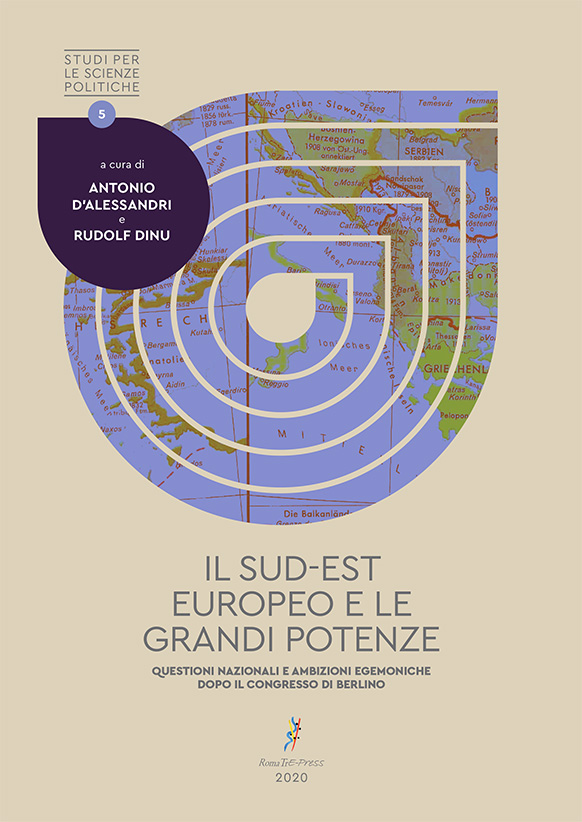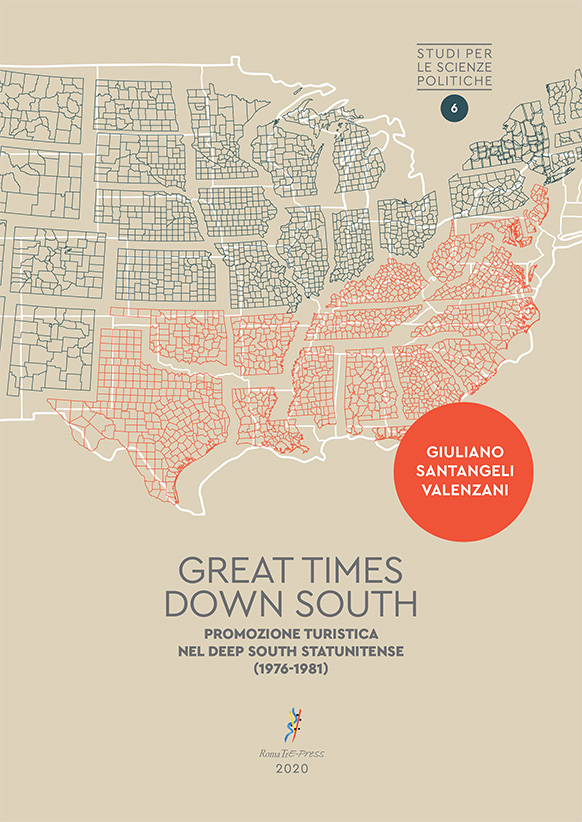Abstract

Il Congresso di Berlino del 1878 fu un nodo cruciale della storia contemporanea dei Balcani e dell’Europa stessa. Convocato per discutere l’annosa Questione d’Oriente, tornata prepotentemente all’attenzione dei Gabinetti europei nel 1875-78, esso ebbe l’ambizione di provare a risolvere le maggiori questioni politiche internazionali che riguardavano popoli e Stati della regione sud-orientale dell’Europa. Sicuramente si trattò di un momento di profondo cambiamento degli equilibri non solo nei Balcani ma anche dei rapporti fra le Grandi potenze europee, interessate a sfruttare le questioni nazionali di quella regione per il conseguimento dei loro disegni egemonici. Gli autori dei saggi contenuti in questo volume indagano sugli esiti e gli sviluppi successivi al Trattato di Berlino del 1878 e offrono un panorama ampio sia sulla politica delle Grandi Potenze, sia su quella degli Stati e delle popolazioni dei Balcani nei trent’anni successivi al 1878. Alla luce dell’ampia storiografia disponibile sull’argomento e, soprattutto, delle nuove ricerche condotte negli ultimi anni, il presente volume vuole fare il punto sulle conoscenze disponibili circa la storia balcanica sullo scorcio del XIX secolo, vista nel contesto più ampio del quadro politico internazionale del tempo.

The Berlin Congress (1878) was a turning point in the contemporary history of the Balkans and of Europe itself. Convened to discuss the long-lasting Eastern Question, returned forcefully to the attention of the European Cabinets in 1875-78, it had the ambition to try to resolve the major international political questions concerning the peoples and states of South-Eastern Europe. Surely it was a moment of deep change not only for the Balkans but also for the relations among the European Great Powers, interested in exploiting the national issues of that region for the achievement of their hegemonic designs. The authors of the essays contained in this volume investigate the outcomes and developments following the Berlin Treaty of 1878 and offer a broad panorama on the politics of the Great Powers and the states and populations of the Balkans in the thirty years following 1878. In the light of the extensive historiography available on the subject and, above all, of the new research conducted in recent years, this volume aims to take stock of the knowledge available about Balkan history at the end of Nineteenth century, seen in the broader context of the international relations of that time.

























